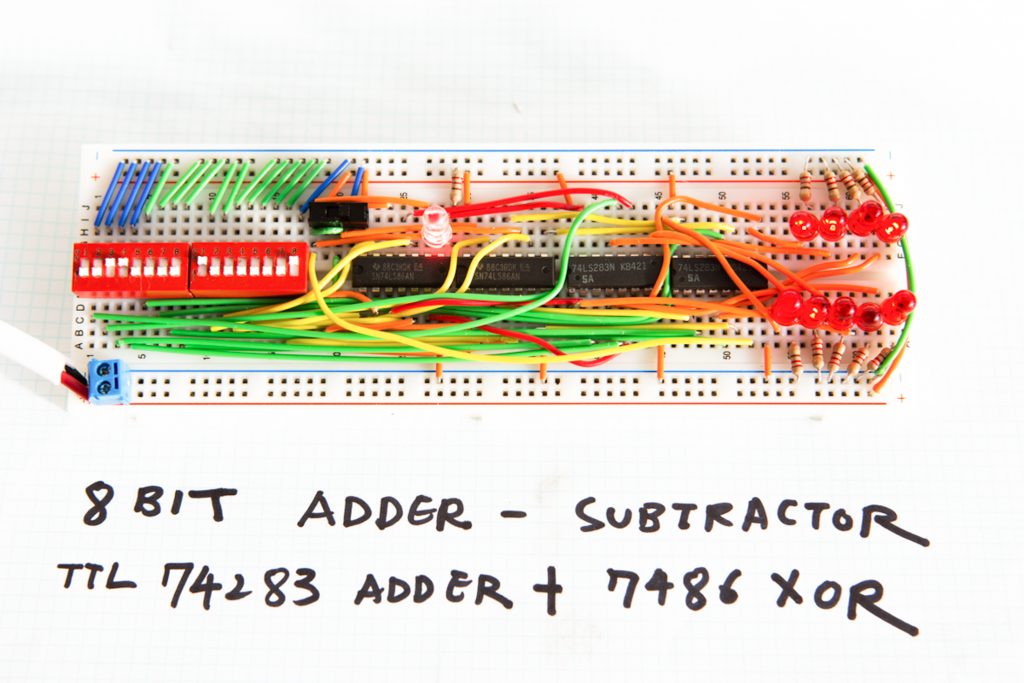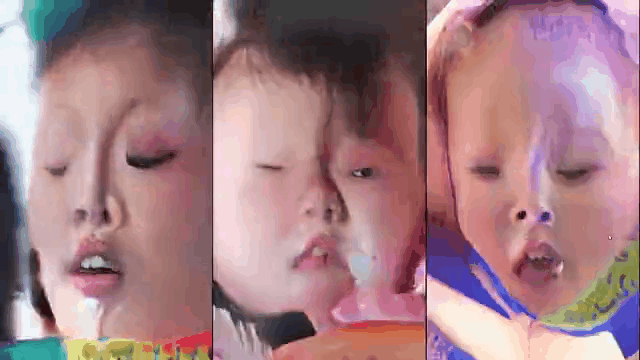 I'm happy to announce that my next book Uncomputable will be published in the fall by Verso. Ten years in the making, this book narrates a series of episodes from computer history, reanimated by hands-on experiments in coding and building things. I'm excited to have it see the light of day, and am planning a few special surprises to accompany the fall launch. Stay tuned...
I'm happy to announce that my next book Uncomputable will be published in the fall by Verso. Ten years in the making, this book narrates a series of episodes from computer history, reanimated by hands-on experiments in coding and building things. I'm excited to have it see the light of day, and am planning a few special surprises to accompany the fall launch. Stay tuned...
+ + +
(Publisher's book blurb)
Narrating some lesser known episodes from the deep history of digital machines, Alexander Galloway explains the technology that drives the world today, and the fascinating people who brought these machines to life. With an eye to both the computable and the uncomputable, Galloway shows how computation emerges or fails to emerge, how the digital thrives but also atrophies, how networks interconnect while also fray and fall apart. By re-building obsolete technology using today’s software, the past comes to light in new ways, from intricate algebraic patterns woven on a hand loom, to striking artificial-life simulations, to war games and back boxes. A description of the past, this book is also an assessment of all that remains uncomputable as we continue to live in the aftermath of the long digital age.

